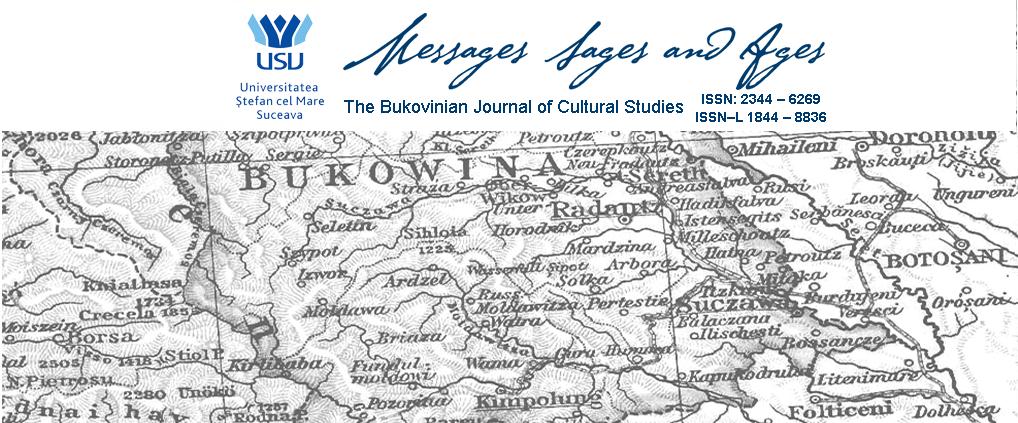Starting from Venuti’s binary classification of translations into ethnocentric and foreignizing this paper focuses on the factors that trigger ethnocentric attitudes in the translation of the play Macbeth in Romanian. Counterbalancing the extremely neologist tendencies at the end of the 19th century and the beginning of the 20th century, exemplified in Ștefan Băjescu’s translation, most of the 20th century translators prove an inclination towards the use of local, ethnic elements, that should revive the national culture and language, the integrity of which was threatened by foreign elements. Ion Vinea’s translation, that was the canonical Romanian version for more than half a century, is analysed in the paper as the representative of the ethnocentric camp. Apart from the spontaneous reactions that are generally ruled by the laws of language change, other factors that lead to the fostering of ethnocentric views are the communist regime’s constrictive ideology and, at the micro level, the translator’s own linguistic and cultural perception.
Daniela Maria Marțole
Author
Dr. Daniela Maria Marțole is Lecturer in English at the Department of Foreign Studies, Ștefan cel Mare University of Suceava, where she teaches English language and linguistics and translation classes. Her research is mainly focused on the translation of Shakespeare’s play, Macbeth, into Romanian. She is particularly interested in the way in which cultural, social and political factors influence the evolution of the Romanian language and the reflection of such changes in the language of the translations. Other fields of interest are: Discourse Analysis, Cultural Studies and Victorian Literature.
